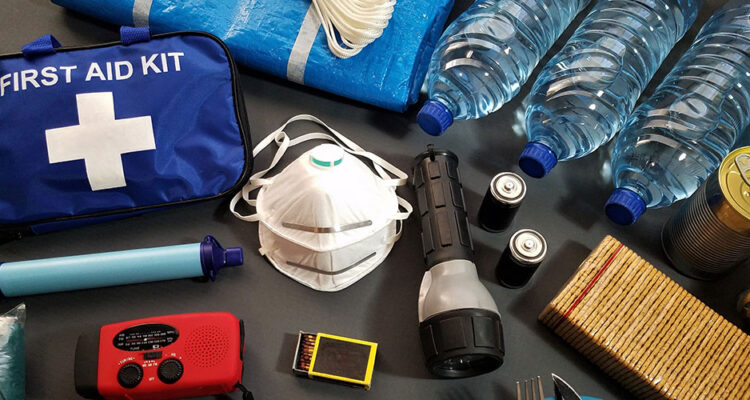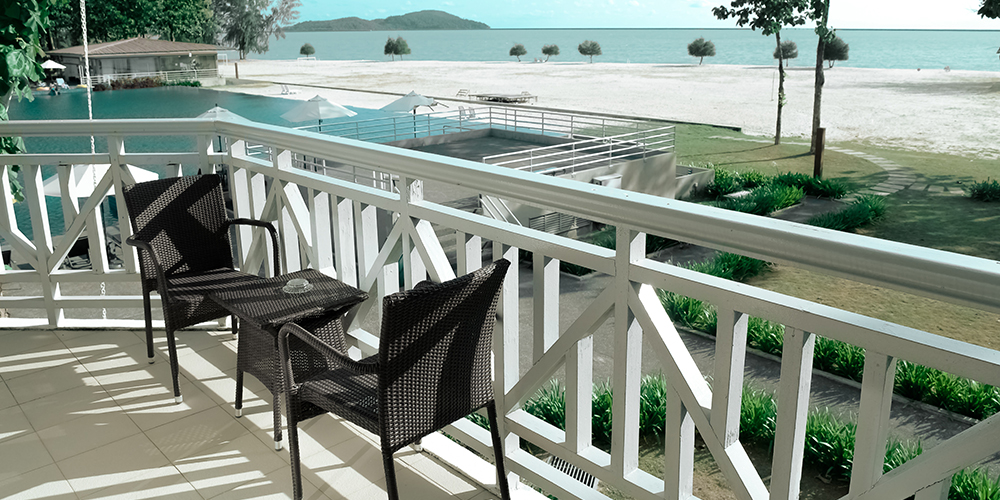Florida, often dubbed the “Sunshine State,” is known for its beautiful beaches, warm climate, and vibrant communities. However, it’s also notorious for being one of the most hurricane-prone states in the United States. With its long coastline, Florida is exposed to the Atlantic hurricane season from June to November each year. To thrive in this picturesque but hurricane-prone environment, it’s essential for Floridians to be well-prepared. In this comprehensive guide, we will delve into the critical aspects of hurricane preparedness in Florida, equipping you with the knowledge and tools necessary to protect lives and property in the face of these powerful storms.
Understanding Florida’s Hurricane Risk
Florida’s unique geography makes it vulnerable to hurricanes. Its extensive coastline provides numerous entry points for hurricanes from the Atlantic Ocean and the Gulf of Mexico. Warm waters act as fuel, intensifying storms as they approach. Understanding the state’s hurricane risk is the first step towards effective hurricane preparedness in Florida.
Hurricane Categories
Hurricanes are classified on the Saffir-Simpson Hurricane Wind Scale, which ranges from Category 1 (weakest) to Category 5 (strongest). While Category 1 hurricanes can cause damage, Category 4 and 5 hurricanes are extremely dangerous and can result in widespread destruction.
Storm Surge
Storm surge, the abnormal rise of water caused by a hurricane’s winds and low pressure, poses a significant threat in Florida, especially in coastal areas. Even a Category 1 hurricane can produce life-threatening storm surges, so it’s crucial to heed evacuation orders if issued.
Key Components of Hurricane Preparedness in Florida
Create a Hurricane Preparedness Plan
Developing a comprehensive hurricane preparedness plan is your first line of defense. Consider the following elements when preparing for hurricanes in Florida, this season:
Hurricane Evacuation Routes: Identify local evacuation routes and shelters. Know where you would go if you need to evacuate.
Hurricane Communication Plan: Establish a family communication plan. Ensure everyone knows how to contact each other and where to meet if separated.
Emergency Contacts: Maintain a list of important contacts, including local emergency services, utility companies, and relatives in other areas.
Emergency Kit: Assemble a well-stocked emergency kit that includes non-perishable food, water, medications, flashlights, batteries, a first-aid kit, important documents, and personal hygiene items.
Sufficient Insurance Coverage: Review your insurance policies, including homeowner’s, flood, and windstorm insurance, to ensure you have adequate coverage for hurricane damage.
Stay Informed about Florida Hurricanes
Monitor hurricane forecasts from reliable sources like the National Hurricane Center (NHC), local news, and weather apps. Be aware of the hurricane’s track, intensity, and any potential changes in its path.
Secure Your Home
Hurricane preparedness in Florida includes the essential preparation of your home for the upcoming storms. Follow these steps:
Reinforce Windows and Doors: Install hurricane shutters or impact-resistant windows and doors to protect against flying debris.
Trim Trees and Secure Outdoor Items: Trim overhanging branches and secure outdoor furniture, decorations, and potted plants to prevent them from becoming projectiles during the storm.
Check Roof and Gutters: Ensure your roof is in good condition, and clean gutters to prevent water damage.
Generator: If you have a generator, ensure it is in working order and safely installed. Be mindful of carbon monoxide risks.
Secure Important Documents: Safeguard important documents (e.g., passports, birth certificates, insurance policies) in a waterproof container.
Safeguard Your Home & Business with Armor Screen: Armor Screen weather solutions have kept homes and businesses safe from even the strongest weather events. Armor Screen offers mounting systems for every situation and have been trusted for decades to protect commercial properties, historic buildings, restaurants, homes, hospitals, FEMA shelters and even priceless sculptures, in hurricane regions around the world!
Florida Hurricane Evacuation Plans
If local authorities issue evacuation orders, take them seriously. Plan your evacuation route, and be prepared to leave promptly. Ensure your vehicle is in good working condition, and have a full tank of gas. Take your emergency kit with you, as well as essential medications, pet supplies, and important documents.
Caring for Pets
Don’t forget about your pets when preparing for a hurricane. Have a plan in place to evacuate with your pets or secure them in a safe area if you must leave them behind. Ensure you have enough pet food, water, medications, and comfort items to last several days.
Stay Safe During the Storm
If you choose to shelter in place during the storm, stay informed through battery-powered radios and maintain communication with loved ones. Avoid using candles and open flames, as they pose fire hazards. Stay away from windows, and take shelter in the safest part of your home.
After the Storm: Recovery and Rebuilding
Safety First
After the hurricane passes, prioritize safety. Be cautious of downed power lines, standing water, and debris. Only use generators outdoors and follow proper safety precautions.
Check on Neighbors
Reach out to your neighbors, especially those who may need assistance, such as the elderly or disabled. Offer help if you can and share essential information.
Document Damage
Take photographs of any damage to your property and possessions for insurance claims. Contact your insurance company promptly to initiate the claims process.
Beware of Scams
Unfortunately, hurricanes can attract unscrupulous individuals looking to exploit those in need. Be cautious of contractor scams, price gouging, and fraudulent charities. Verify the legitimacy of individuals and organizations offering assistance.
Community Support
Florida communities often come together after hurricanes to support one another. Participate in local recovery efforts, offer help where you can, and seek assistance if needed.
Living in Florida comes with the incredible beauty of its landscapes and coastal regions but also the responsibility of hurricane preparedness. By understanding the risks, creating a comprehensive hurricane preparedness plan, staying informed, securing your home, and knowing what to do before, during, and after a hurricane, you can protect your life and property. Remember that preparedness is a collective effort. By being well-prepared, you not only safeguard your family but also contribute to the resilience of your community in the face of these powerful storms.
We understand the importance of hurricane preparedness in Florida, and we’re here to offer you a unique level of protection. Armor Screen is your trusted partner when it comes to safeguarding your property from the fury of Mother Nature. Our track record of excellence and innovative solutions sets us apart from the rest. We don’t just provide protection; we provide peace of mind. For a no-obligation quote that could make all the difference in safeguarding your valuable assets, reach out to Armor Screen today. Your safety is our priority, ensuring your peace of mind in the face of any storm. Choose Armor Screen, because when it comes to hurricane protection, there’s no one quite like us.







